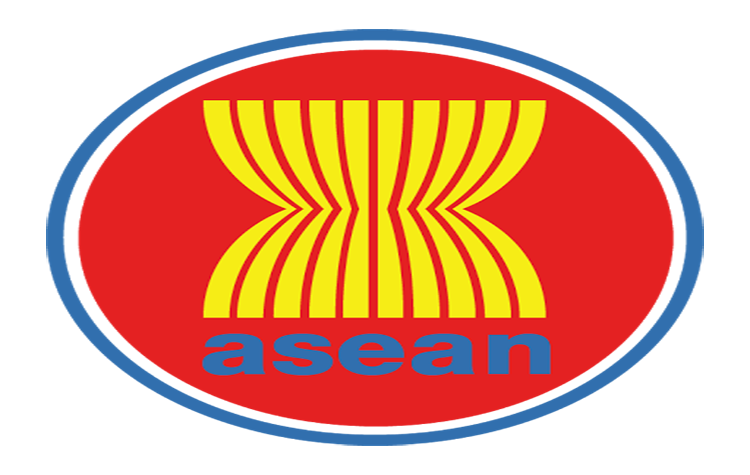(Bangkok, 30 March 2015) – ASEAN governments should use the scheduled revision of the Terms of Reference (TOR) of the ASEAN Intergovernmental Commission on Human Rights (AICHR) to establish a transparent selection process that involves a wide variety of stakeholders and adopt guidelines for conduct for the commissioners and representatives that require demonstrated respect for and expertise in human rights, said a groups of human rights organizations, including the International Commission of Jurists, Amnesty International, Human Rights Watch, the International Federation for Human Rights (FIDH), International Gay and Lesbian Human Rights Commission, and the Asian Forum for Human Rights and Development (FORUM-ASIA).
The AICHR’S lack of functional independence from governments has again been highlighted by the activities of Tan Sri Muhammad Shafee Abdullah, Malaysia’s Representative and current Chair of the AICHR.
Muhammad Shafee served as specially appointed prosecutor for the government in the recent high-profile conviction of Malaysian opposition leader Anwar Ibrahim on charges of sodomy in a trial that was widely criticized as politically motivated, unfair, and in violation of international standards. Muhammad Shafee should have recused himself because he was a member of the AICHR and the prosecution was in discordance with human rights standards that Muhammad Shafee was bound to promote and protect.
In addition, Muhammad Shafee is scheduled to appear as a special prosecutor for the government to appeal against the Court of Appeal’s decision that declared a law prohibiting cross-dressing unconstitutional. The Court of Appeal had affirmed that the prohibition was in violation of the rights of transgender people to life, liberty of person, equal protection, and the freedoms of expression, assembly, association, and movement.
In making this statement, the groups are not claiming that every AICHR representative is similarly lacking in independence or that Muhammad Shafee is necessarily alone in this; rather, they are concerned about the deep involvement by the current Chair of AICHR in government activities that are blatantly detrimental to the protection and promotion of human rights.
Although the current TOR of the AICHR mentions that the qualification of an AICHR representative includes “consideration to gender equality, integrity and competence in the field of human rights”, there are several other requirements needed to ensure the independence of the work of the AICHR.
First is the selection process. Under the current AICHR TOR, it is not mandatory for member states to consult civil society and other relevant stakeholders in the process of selecting commissioners or representatives to the regional human rights body. Member states will generally only consult “if required by their respective internal processes.” Most ASEAN member states currently follow an opaque and closed appointment process, where AICHR representatives are often individuals selected from within the government or closely related to the government
In developing a transparent selection process, the groups urge ASEAN member states to look to the appointment practices of other international bodies, as well as to the UN Principles relating to the Status of National Institutions (Paris Principles) for guidance. The Paris Principles affirm the importance of consultations with a broad variety of stakeholders, including civil society, as an important element in ensuring an independent process. The same principles should apply to a regional body such as AICHR.
In the General Observations of the Sub-Committee on Accreditation of the International Coordinating Committee of NHRIs, a “clear, transparent and participatory selection process” that ensures independence and public confidence should include requirements such as broad advertisement of vacancies and the maximization of the number of potential candidates from a wide range of societal groups.
Second, the groups also called on ASEAN member states to adopt a set of guidelines for the conduct of AICHR that could ensure independence and impartiality of the representatives. In addition to the existing responsibility to act impartially under the current TOR, member states may, for guidance, look to the criteria required for the nomination, selection, and appointment of mandate-holders of UN Special Procedures. These criteria are: “(a) expertise; (b) experience in the field of the mandate; (c) independence; (d) impartiality; (e) personal integrity; and (f) objectivity.” Therefore in the future, all AICHR representatives would have guidance on the circumstances and grounds in which they would have to recuse or prevent themselves from taking any action which jeopardize these principles.
As the TOR of the AICHR is being revised, the groups called on ASEAN member states to take concrete steps to establish these changes on the commissioner selection process, and the guiding principles of for the AICHR in the TOR. Such changes should reinforce others, including strengthening AICHR‘s protection mandate, increasing its openness to civil society, and ensuring an effective decision-making process. This is an opportunity for ASEAN member states to demonstrate their commitment to transparency and integrity, particularly if the AICHR is ever to become an effective, credible, and respected human rights body regionally.
Media contacts:
In Bangkok, Emerlynne Gil, International Legal Adviser, International Commission of Jurists, email: [email protected] or tel. no. +66 840923575
In Bangkok, Phil Robertson, Deputy Director, Asia Division, Human Rights Watch, email: [email protected] or tel. no. +66 850608406
In London, Yuval Ginbar, Legal Adviser, Amnesty International, email: [email protected] or tel. no. +44 (20) 74135739
In Jakarta, Atnike Sigiro, ASEAN Advocacy Programme Manager, Asian Forum for Human Rights and Development (FORUM-ASIA), email: [email protected] or tel. no. +62 21 31922975
In Manila, Ging Cristobal, Project Coordinator for Asia & the Pacific Islands Region, International Gay and Lesbian Human Rights Commission (IGLHRC), email: [email protected] or tel. no. +63 917 557 0405
In Stockholm, Brittis Edman, Southeast Asia Programme Director, Civil Rights Defenders, email: [email protected] or tel. no. +46 70 9890019.




